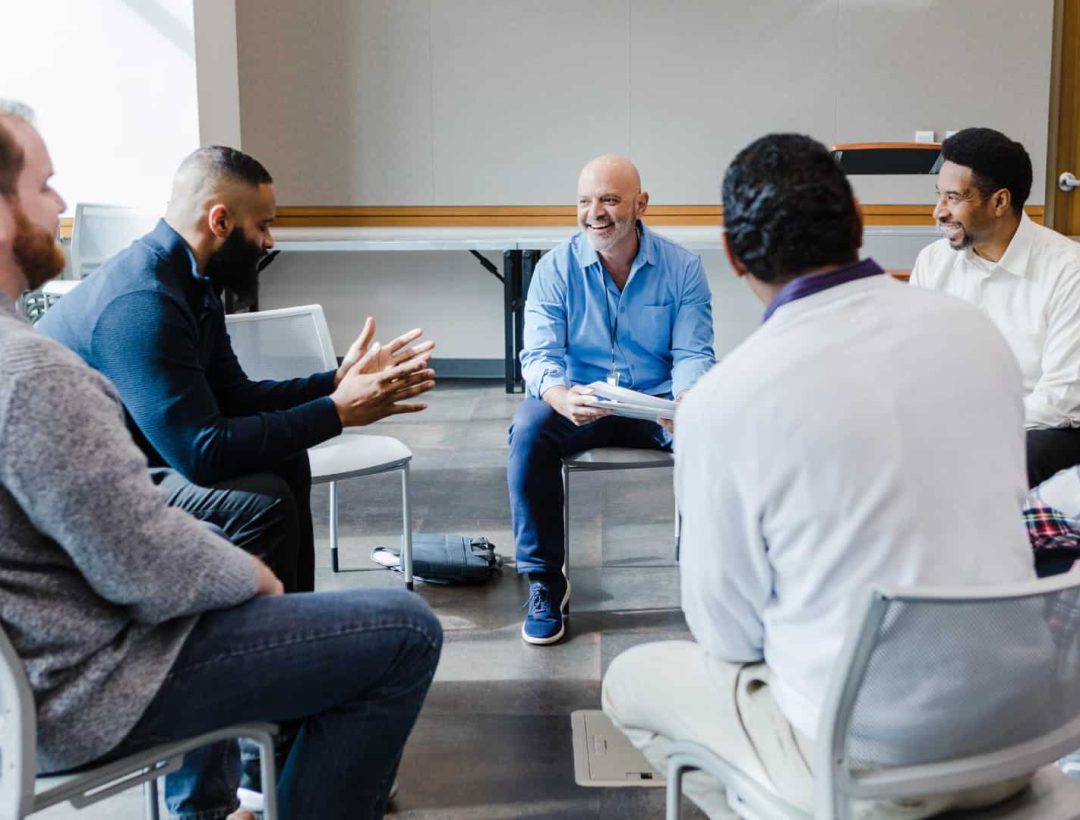
Trauma can cast a long shadow over a person’s life, affecting their mental, emotional, and physical well-being. However, at New Origins , we believe that it’s never too late to find healing, reclaim your life, and embark on a journey towards a brighter future. Our dedicated team of experienced professionals is committed to providing a safe, supportive, and nurturing environment for individuals seeking trauma therapy.

Trauma comes in many forms, each with its own unique impact on an individual’s life. It can result from a single distressing event, such as a car accident or a natural disaster, or from prolonged exposure to distressing situations, such as childhood abuse or combat experiences. Regardless of the source, trauma can have profound effects on a person’s psychological and emotional well-being.
Vivid recollections of traumatic events that can disrupt daily life.
A strong desire to avoid reminders of the trauma, including people, places, and activities.
This might manifest as persistent negative thoughts, distorted beliefs, and emotional numbness.
Heightened states of alertness, leading to difficulty sleeping, irritability, and difficulty concentrating.
At New Origins, we understand that trauma doesn’t just impact the individual; it affects their relationships, work, and overall quality of life. That’s why we offer a range of trauma therapy services to address these issues and promote recovery.
New Origins takes a holistic and individualized approach to trauma therapy, recognizing that every person’s journey is unique. Our experienced therapists employ evidence-based practices and a client-centered philosophy to ensure the most effective and personalized treatment possible.
CBT helps individuals identify and change negative thought patterns and behaviors associated with trauma. By addressing these patterns, clients can gain a better understanding of their emotional reactions and develop healthier coping strategies.
EMDR is a specialized therapy designed to process traumatic memories, reducing their emotional impact. By using bilateral eye movements and guided imagery, EMDR allows clients to reframe their traumatic experiences, fostering healing.
These practices help clients develop emotional regulation and resilience. By being more aware of their thoughts and feelings in the present moment, individuals can learn to manage their reactions and reduce anxiety and stress.
Sharing experiences in a supportive group setting can be a powerful way to heal. Our trauma therapy groups provide a safe space for individuals to connect with others who’ve experienced similar traumas, fostering empathy and understanding.
Trauma often affects not only the individual but their loved ones as well. Our family therapy sessions help rebuild and strengthen relationships damaged by trauma, promoting understanding and support.
Sometimes, words alone can’t capture the depth of trauma experiences. Art and expressive therapies allow individuals to explore and express their feelings through creative outlets, such as painting, writing, and music.
Healing from trauma is a journey, and it’s essential to remember that progress may be gradual. At New Origins, we are committed to providing consistent support throughout every step of this process. We believe in a strengths-based approach, empowering clients to find their inner resources and resilience.
When you join New Origins, we begin with a comprehensive assessment to understand your unique trauma history and its effects on your life. This allows us to tailor your treatment plan to your specific needs.
Creating a sense of safety is paramount in trauma therapy. We work with clients to develop skills that promote emotional stability and well-being, enabling them to face their trauma in a supportive environment.
The heart of trauma therapy is the processing of traumatic memories. Our therapists guide clients through this challenging but transformative process using evidence-based techniques such as CBT and EMDR.
As clients progress through therapy, they develop a sense of mastery over their trauma. This newfound resilience empowers them to reintegrate into life, relationships, and activities they may have avoided due to trauma.
Trauma therapy doesn’t end when you leave our center. We provide clients with tools to maintain their progress and strategies for preventing relapse.
At New Origins, we’re more than just a trauma therapy center. We’re a community of dedicated professionals and compassionate individuals who understand the complexities of trauma and its impact on every facet of life. Here’s why you should choose us:

New Origins Trauma Therapy Center is your partner on the path to healing and recovery. Trauma may have left a mark on your life, but it doesn’t have to define your future. With the right support and guidance, you can find hope, strength, and a new beginning. If you or a loved one is seeking trauma therapy, we encourage you to reach out to us. Together, we can embark on a journey toward healing and discover the new beginnings that await you.
Contact us today to take the first step on your journey to healing.
Visit our partner Into The Light for more information on mental health treatment.
Looking for support near you? Visit our Locations We Serve page to explore the communities across Southern California where New Origins provides compassionate substance abuse treatment for men.